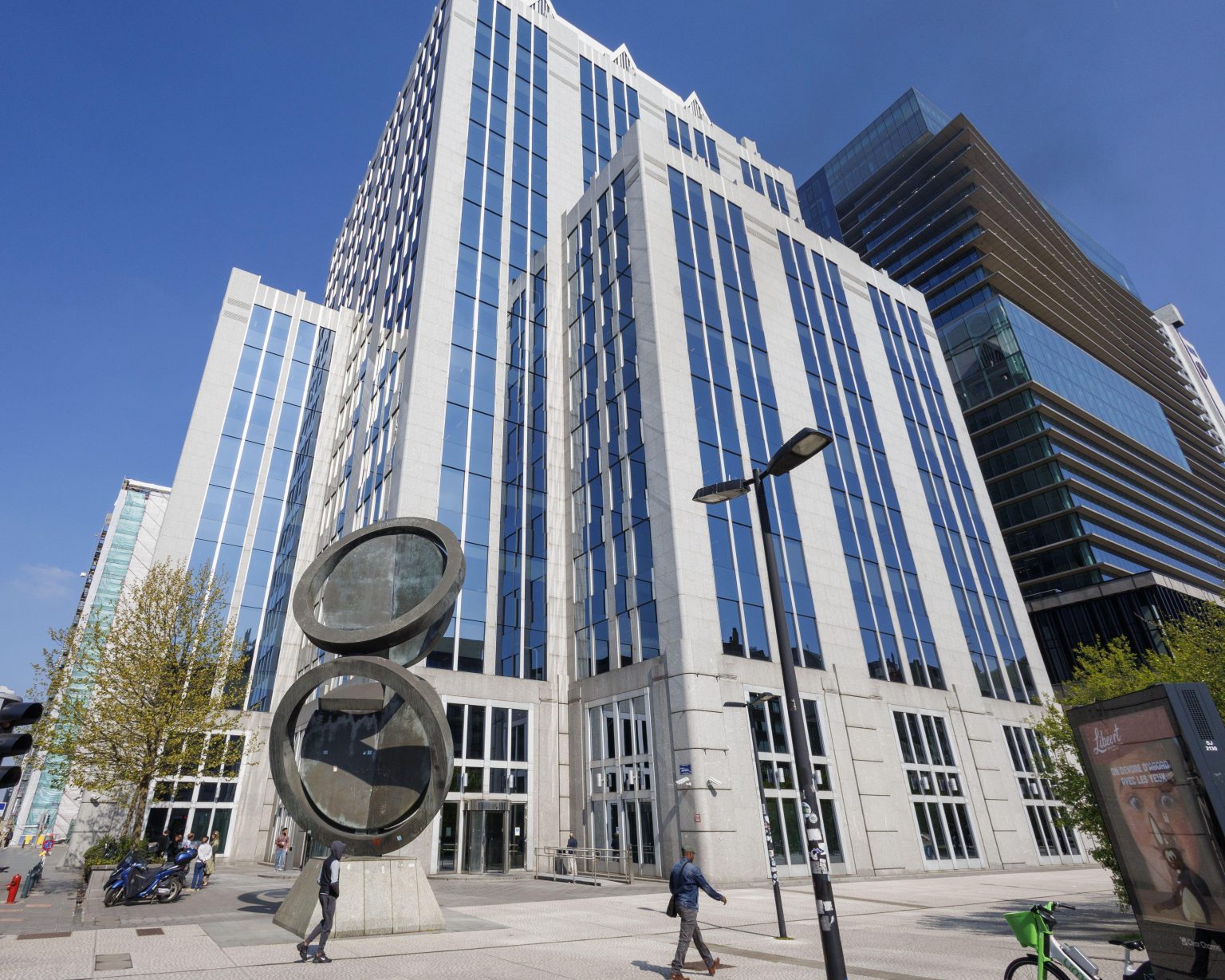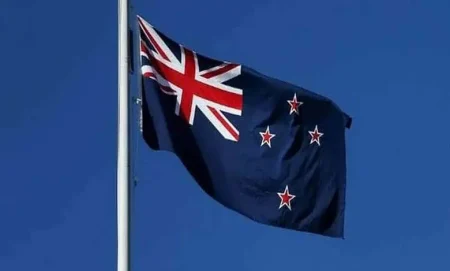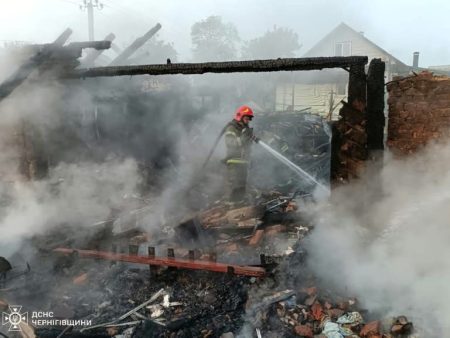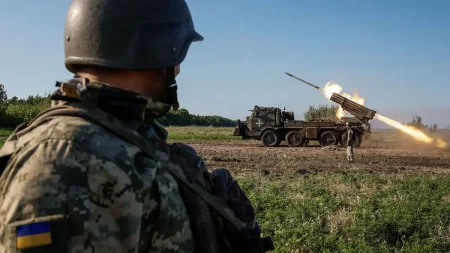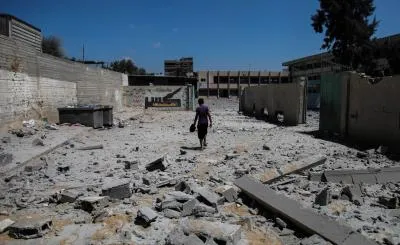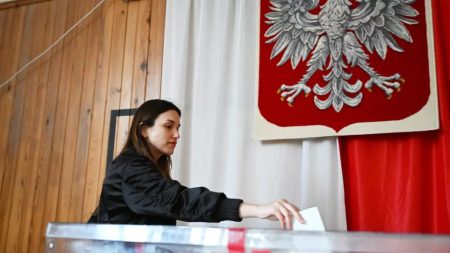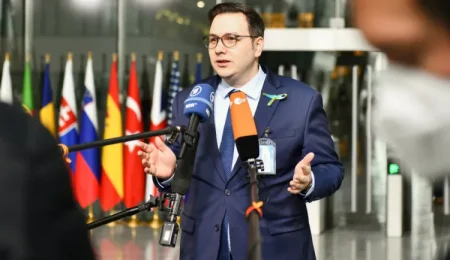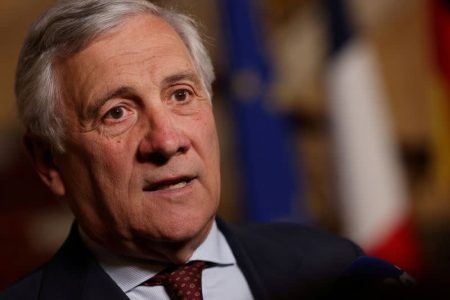Euroclear, a financial institution based in Brussels, holds the majority of Russia’s frozen assets and finds itself at the center of a heated debate about how to utilize those funds. This debate has grown more urgent as the war in Ukraine drags on, with growing calls to use the frozen assets for Ukraine’s reconstruction and compensation for war victims.
The Belgian institution, located in a nondescript office building on King Albert II Boulevard, manages €183bn of Russia’s sovereign funds, part of an estimated €300bn immobilized across Western countries since the Russian invasion of Ukraine. Amid growing uncertainty about the commitment of some global leaders, such as former President Donald Trump, to Ukraine’s cause, many are pushing for these assets to be confiscated and redirected to aid Ukraine.
In March, more than 130 Nobel laureates, including Oleksandra Matviichuk, the peace prize winner, signed a letter urging Western governments to release the €300bn for Ukraine’s reconstruction. They argued that this might require changes to existing laws, given the scale of violations of international law. Currently, profits from the Russian assets held by Euroclear are being used to support Ukraine, with estimates suggesting that these profits could total between €2.5bn and €3bn annually. While these funds are useful, they fall far short of the €506bn that Ukraine will need over the next decade for rebuilding, a figure which is expected to rise further due to Russia’s ongoing missile strikes.
Some European officials, including Kaja Kallas, the EU’s top diplomat, as well as the foreign ministers of Poland and Lithuania, have expressed support for using the frozen assets for Ukraine. Poland’s foreign minister, Radek Sikorski, emphasized that Russian President Vladimir Putin no longer expects to recover these funds and believes that the West lacks the resolve to seize them. However, Belgium’s Prime Minister Bart De Wever has strongly opposed the idea, warning that confiscating these assets would be tantamount to an act of war. His ally, former Belgian Finance Minister Johan Van Overtveldt, suggested that outright seizure could destabilize the international financial system and lead to significant economic consequences.
Euroclear, for its part, emphasizes its neutrality in this debate. The institution’s primary concern is the potential legal and economic fallout that could arise from any decision to use or seize the frozen assets. Belgian officials are particularly worried about the potential consequences for Euroclear, which could face legal challenges from the Russian government. They also fear that confiscating the assets might cause a widespread withdrawal of funds from the institution, leading to its collapse and creating significant problems for the Belgian government.
While Belgium holds a 13% stake in Euroclear and has used some of the profits from Russian frozen funds to support its war aid to Ukraine, it is wary of taking steps that could jeopardize the financial stability of the institution. France, which has an 11% stake, shares similar concerns about the impact of asset confiscation.
Instead of outright seizure, Van Overtveldt has suggested using the frozen assets as collateral to provide financial support to Ukraine, a strategy he believes would avoid many of the legal issues associated with direct confiscation. However, Euroclear’s leadership insists that it is not their role to determine how the frozen assets should be used, citing the importance of maintaining confidence in global financial markets.
Euroclear itself has a long history of facilitating secure financial transactions, processing vast sums of money annually. Established in the late 1960s, it now processes transactions equivalent to global GDP each year, amounting to €1.3 quadrillion. Given its prominent role in international finance, Euroclear is extremely cautious about the legal and economic implications of the ongoing discussions over Russian assets.
Beyond sovereign funds, Euroclear also holds €70bn in private Russian assets, some of which are caught up in legal challenges from Russian individuals who argue that their assets were frozen unfairly due to EU sanctions. These individuals, including Russian billionaires with properties across Europe, have been calling for the release of their assets, arguing that they should not be penalized for the actions of their government.
In Sweden, Finance Minister Elisabeth Svantesson has supported the idea of using Russia’s frozen assets to aid Ukraine. She emphasized the need for continued unity among Western nations and suggested that these funds could play a crucial role in financing Ukraine’s war effort and economic recovery. Torbjörn Becker, director of the Stockholm Institute of Transition Economics, further argued that transferring the assets to Ukraine could provide the country with long-term, predictable financing, which would be essential for both its military and economic stability.
As the debate continues, it remains uncertain whether the frozen assets will ultimately be used for Ukraine’s reconstruction. While some European leaders back the idea, others warn of the potential risks to global financial systems, highlighting the complex legal and economic challenges that any decision on these assets would entail.





